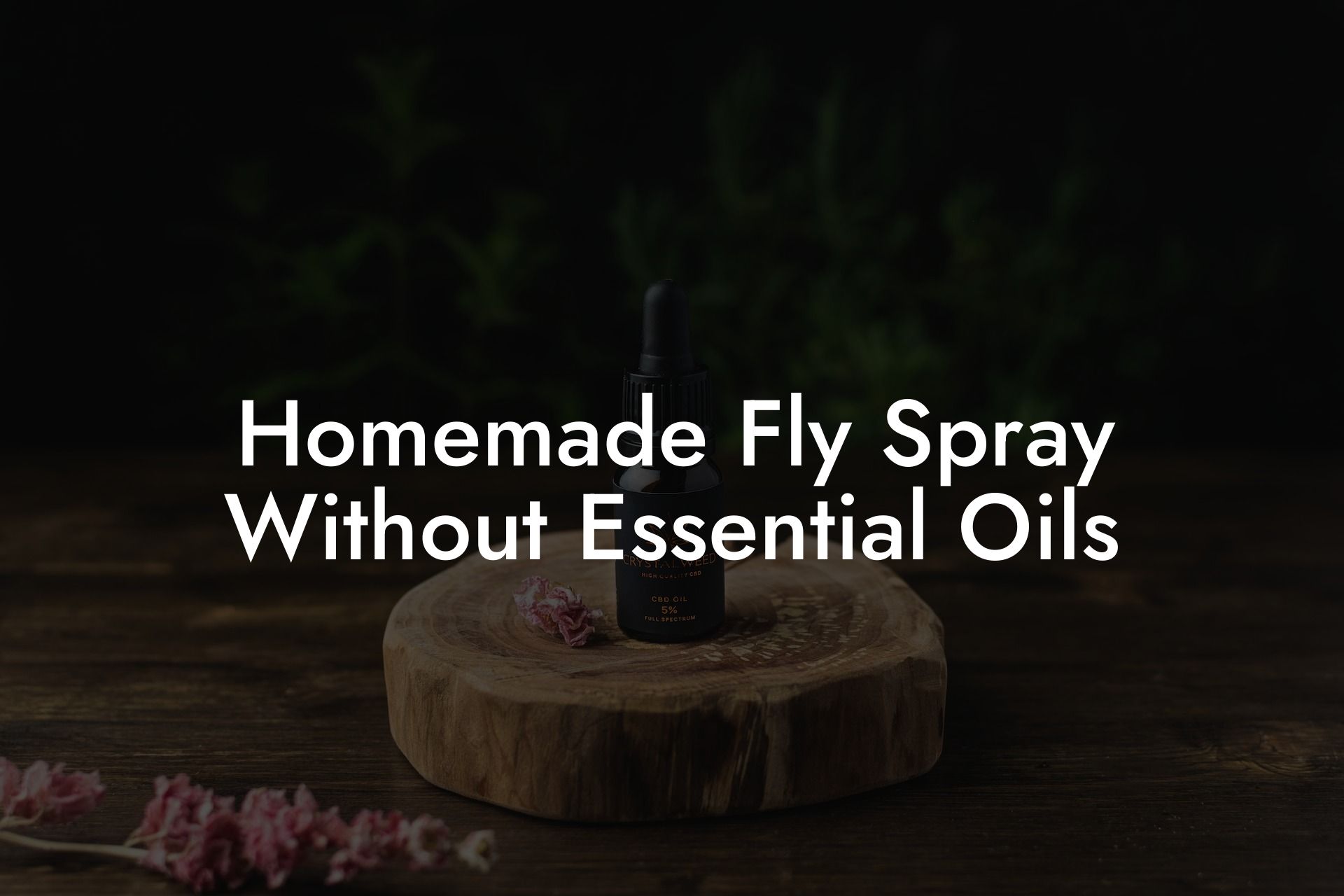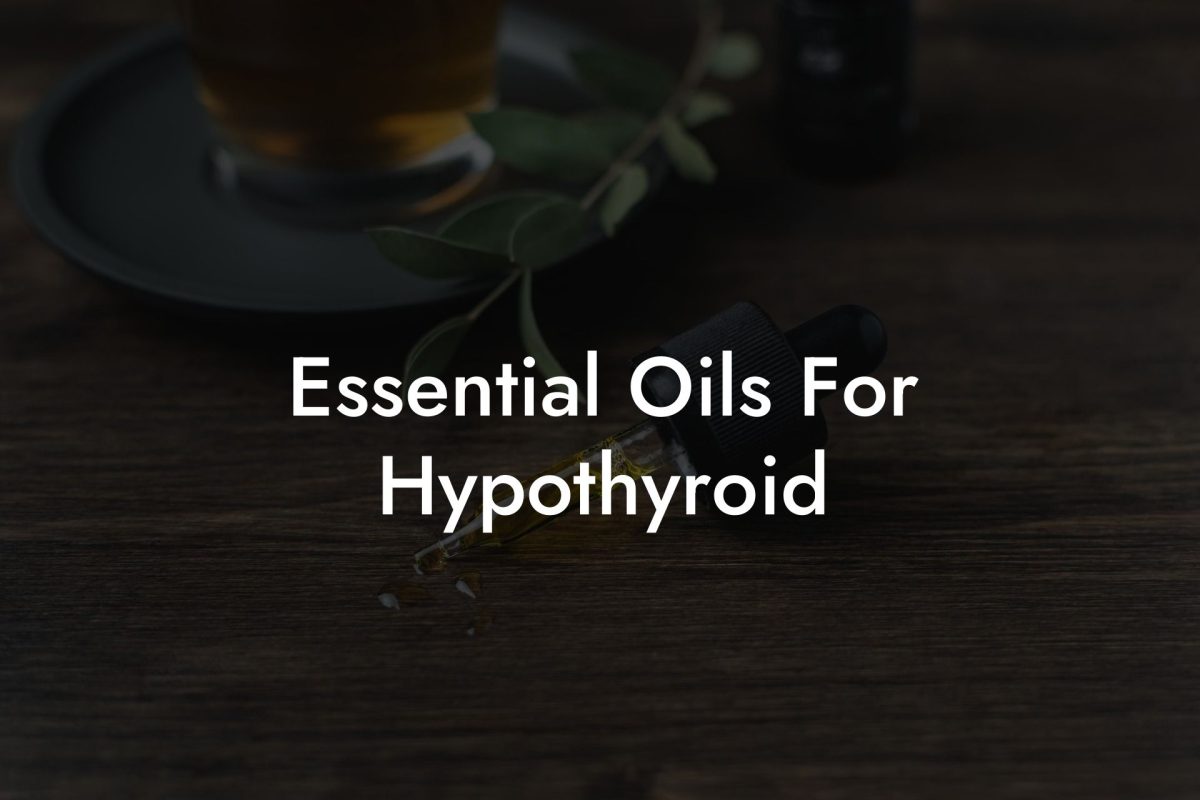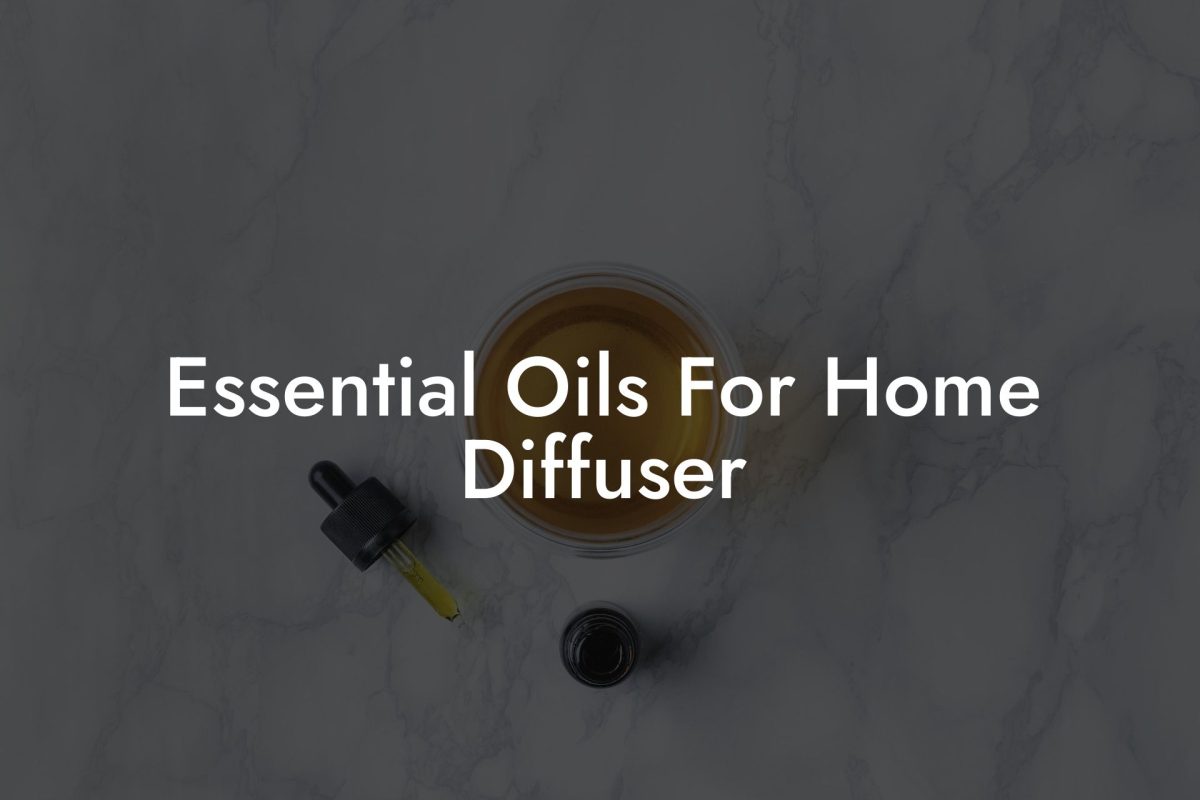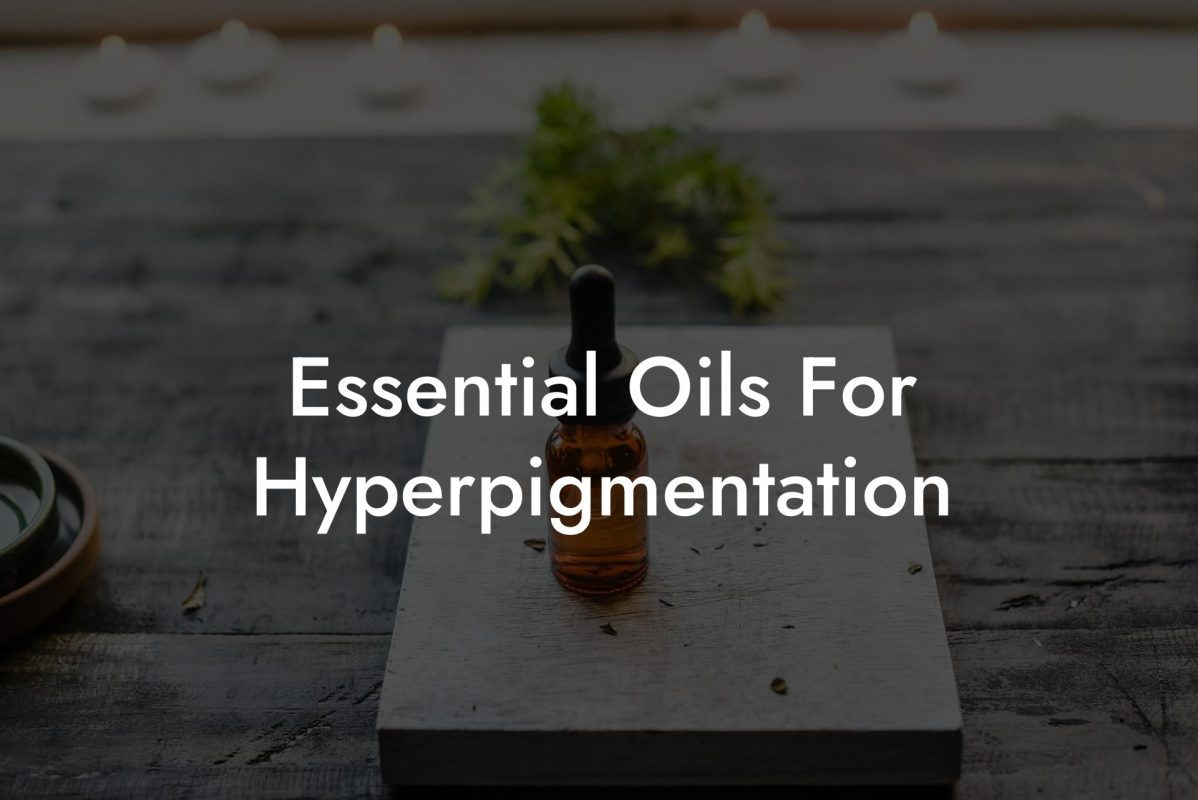Are you tired of constantly swatting away pesky flies at home or in your garden? Perhaps you’ve tried using essential oils in making homemade fly sprays but are seeking an alternative. Look no further! We have the perfect solution for you. In this article, we will guide you through creating your very own homemade fly spray without using essential oils, safe for the environment and your family.
Table of Contents
Benefits of Homemade Fly Sprays
There are several advantages to making your own fly repellent at home. Here are just a few:
- Cost-effective: Homemade fly sprays are typically less expensive than store-bought varieties.
- Environment-friendly: By choosing natural ingredients, you are avoiding the use of harmful chemicals that can affect both your family and the environment.
- Customizable: You have the freedom to experiment with different ingredients and concentrations to create a formula that suits your needs.
Ingredients to Use instead of Essential Oils
While essential oils are commonly used for their fragrant and potent insect-repellent properties, there are numerous other natural ingredients that can be used to keep flies at bay. Some of these ingredients include:
Vinegar
Apple cider vinegar and white vinegar are both effective for deterring flies. The strong scent repels flies, while the vinegar’s acidity can help to break down and kill fly larvae.
Herbs
Certain herbs are known to repel flies, including basil, lavender, rosemary, and mint. You can either plant these herbs in your garden or use dried versions to create a fly-repellent blend.
Spices
Some spices like cloves, cinnamon, and cayenne pepper have fly-repellent properties. Using ground spices or creating infusions can add an additional layer of defense against unwanted insects.
Soap
Adding a few drops of natural dish soap to your homemade fly spray can help to kill flies by breaking down their exoskeletons.
Citrus Peels
Lemon, lime, and orange peels contain natural compounds that repel flies. These can be added to your fly spray or placed around areas where flies are a nuisance.
Homemade Fly Spray Without Essential Oils Example:
Here is an example of an easy recipe to create a homemade fly spray without essential oils:
Ingredients
- 1 cup apple cider vinegar
- 1/2 cup water
- 1 tablespoon natural dish soap
- Fresh or dried herbs (e.g., basil, lavender, rosemary, and mint)
- Citrus peels (optional)
Instructions
- Combine the apple cider vinegar and water in a spray bottle.
- Add the natural dish soap to the mixture and shake well to combine.
- Place a handful of the chosen herbs (fresh or dried) into the spray bottle, ensuring they are submerged in the liquid mixture.
- If desired, add citrus peels to the mixture for an extra layer of protection.
- Allow the mixture to infuse for a minimum of 24 hours, giving the herbs and citrus peels time to release their natural repellent properties into the solution.
- Shake well before each use and spray around areas where flies are present, avoiding contact with food, drink, and surfaces used for eating or preparing food.
By creating your own homemade fly spray without essential oils, you will not only save money but also contribute to a more eco-friendly environment. We hope you find this guide helpful in your quest to keep flies away from your home, garden, and outdoor spaces.
Please feel free to share this article with friends and family who may be experiencing similar fly-related issues. For more useful guides and information, be sure to explore our other articles on Oshu Oils’ blog. And of course, if you’re interested in our range of essential oils and aromacology products, don’t hesitate to browse the Oshu Oils collection. Together, let’s make the world a more balanced and harmonious place to live.





















